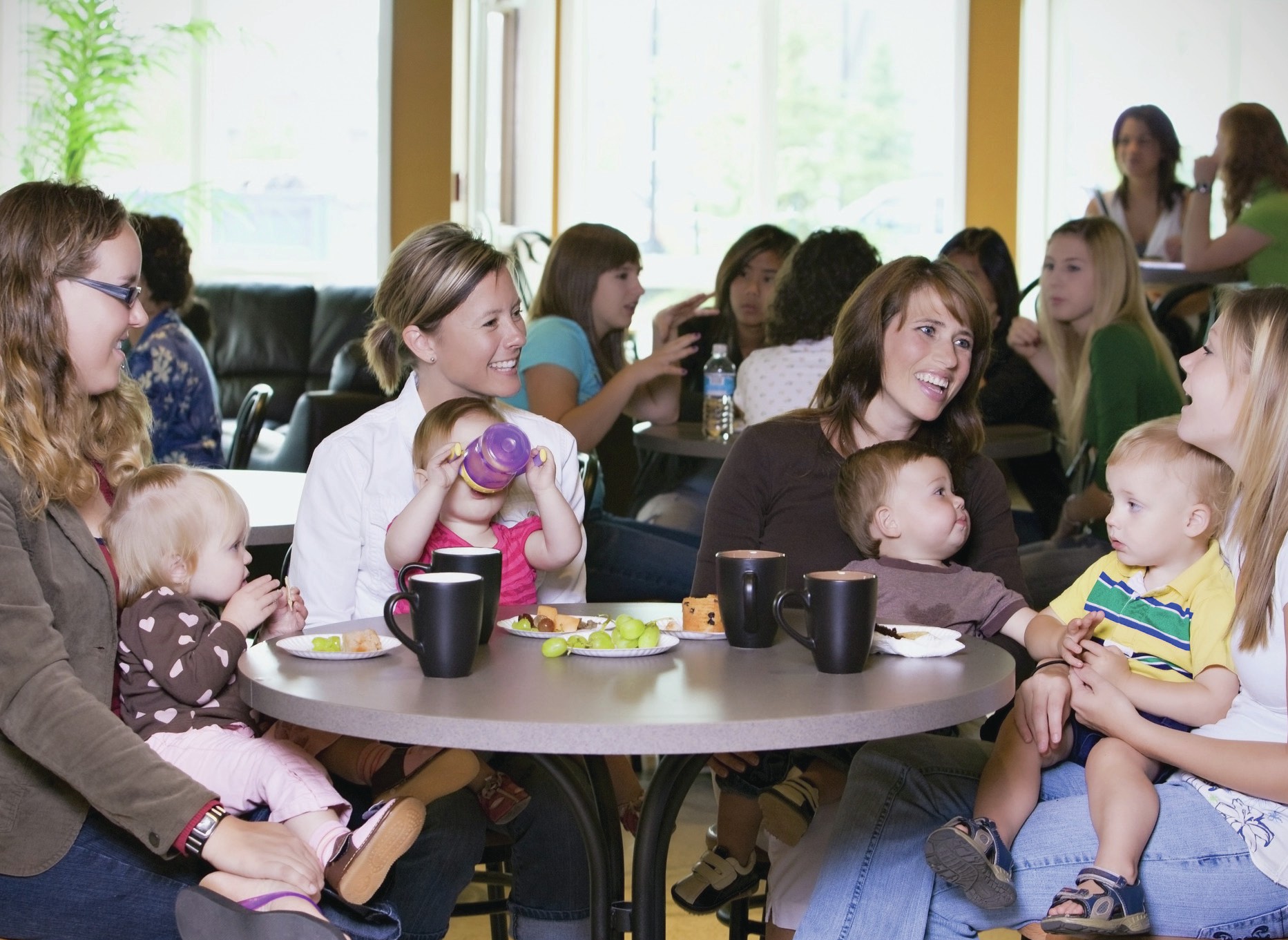
This article should be read in conjunction with Geoff Dench’s article ‘Rethinking the sociology of the family’ on page 2. Here, Carol Vincent describes research that looks at the pressures on a group of young, working-class women to be ‘good mothers’. These pressures were felt whether the women were ‘stay-at-home’ mothers or were in paid work. The article shows how, at any one time, there is a conventional view of what ‘good motherhood’ should be, and how most mothers are aware of the social pressures to conform to this view. Also apparent is the extent to which such views of motherhood are often enshrined in social policy. The article also makes the important point that conformity to social pressures regarding ‘good’ motherhood is much easier for women who have access to suitable resources, particularly money and time. The information here would be helpful in answers to questions about family roles, and how the performance in these can be affected by social class.
Motherhood is fashionable right now. Many celebrities model groomed and glossy togetherness with their children on websites and in magazines. These images of celebrity mothers present motherhood as a common experience shared by all mothers, regardless of their background or the circumstances in which they live. They also offer huge pressures:
Your organisation does not have access to this article.
Sign up today to give your students the edge they need to achieve their best grades with subject expertise
Subscribe




